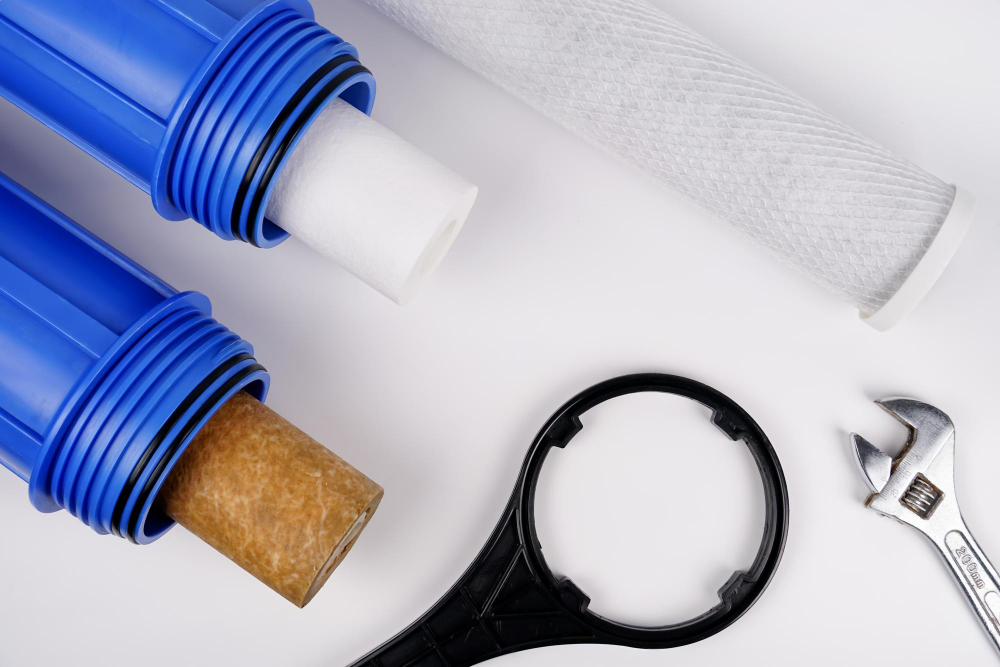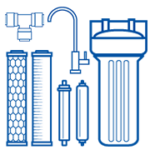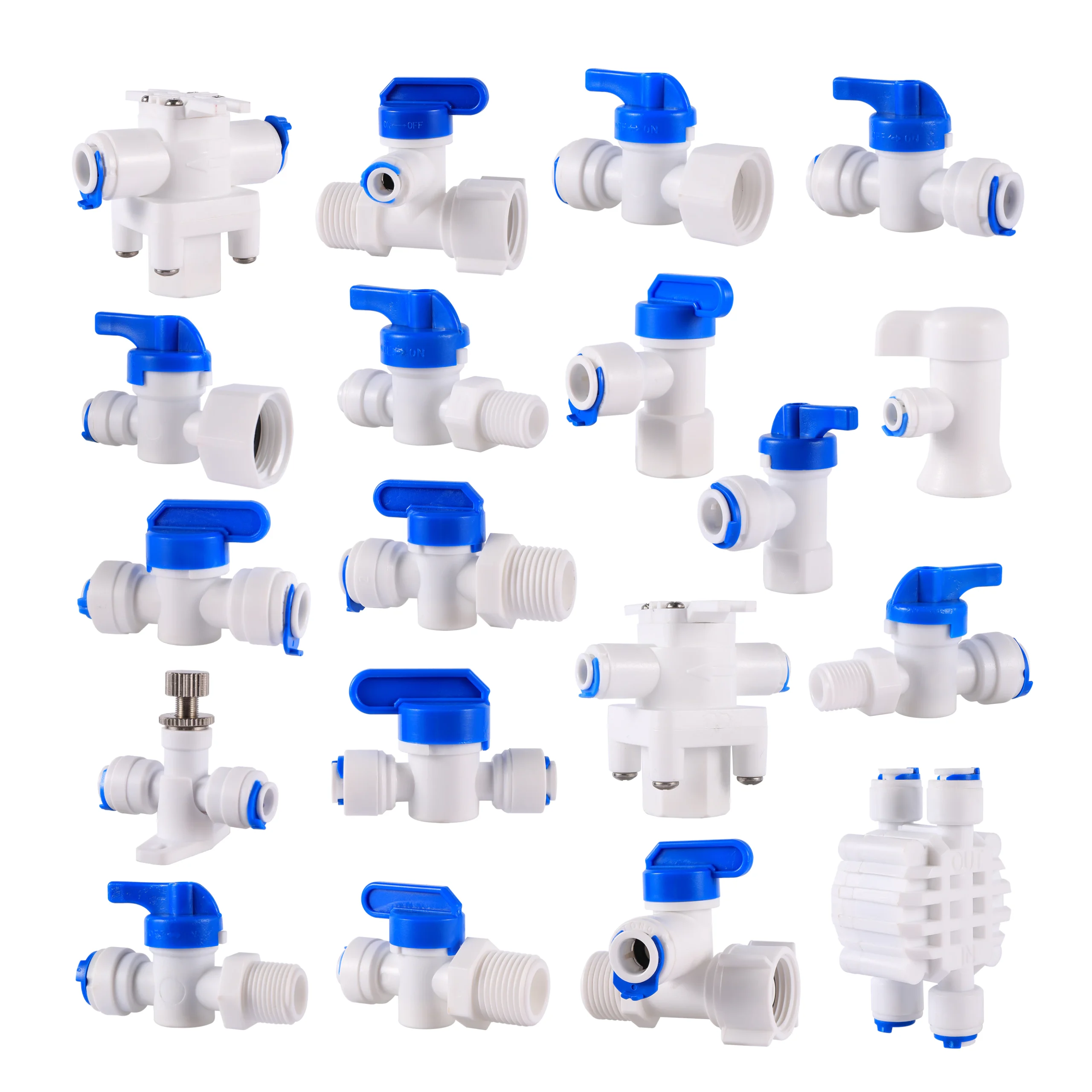When is the best time to drink water?

Hydration is essential for health, but what are the benefits and drawbacks of drinking water before going to bed?
The human body needs water to perform normal bodily functions. It is therefore vital for a person to drink water every day. However, there is some debate about whether people should drink water before going to bed. In this article, we look at the benefits of drinking water, how much to drink each day, and the pros and cons of drinking water near bedtime.
Fast facts on drinking water before bed:
Drinking enough water is vital for keeping hydrated and for general health. There is little evidence to suggest any specific benefits of drinking water at bedtime. If a person loses more water than they consume, they risk becoming dehydrated.
Water before bed: Pros and cons
If someone feels dehydrated at night or is at risk of dehydration, then they should drink some water. Beyond this, there are few specific benefits of drinking water before bed. However, drinking water before going to bed can increase a person’s risk of nocturia.
What is nocturia?
Nocturia is the increased need to urinate at night. While asleep, the human body produces more hormones that slow down kidney function and decrease urine production. This combination reduces the need for people to urinate during the night and helps them sleep uninterrupted. Repeatedly getting up can reduce both the duration and quality of sleep.
Risks of nocturia
When people’s sleep is disturbed by nocturia, it can have a significantly impact on their quality of life. A person’s memory, concentration, and mood can be negatively affected by sleep deprivation. The risk of a range of disorders can also be increased, including obesity, heart disease, diabetes, and depression. Nocturia can happen to anyone at any age but is more common in older people. The following can also increase the risk of nocturia:
- benign prostatic hypertrophy
- overactive bladder
- diabetes
- bladder infections
- heart disease
- constipation
- certain medications
Getting rid of nocturia
People with nocturia should avoid drinking water in the late evening. A person could try having their last glass a few hours earlier than normal. Drinking an adequate amount of water during the day is still important. Unless the person is drinking too much, reducing total intake does not usually help.
However, close to bedtime, people should reduce or avoid: alcohol tea coffee cocoa or hot chocolate cola or sodas
The need to urinate is increased by caffeine and alcohol. Caffeine can also make it more difficult for someone to fall asleep. People should see a doctor to rule out other possible underlying conditions if they are experiencing persistent nocturia.


 Yedek Parçalar
Yedek Parçalar